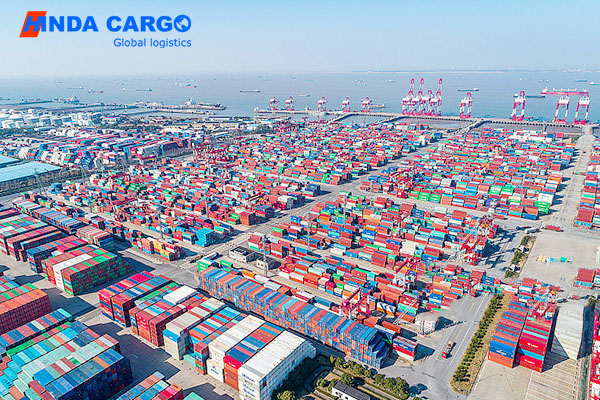What is a FOB short for?
In international trade, freight and insurance are one of the important considerations. One of the common terms is "FOB". This article will delve into this concept and discuss other topics related to it in the following chapters to help readers better understand the various terms and regulations in international trade.
What is a FOB short for?
FOB is the abbreviation of "Free On Board", which is a shipping term widely used in retail and international trade. It sets out the process for the transfer of responsibility and ownership of goods upon shipment.
1. FOB definition:
Under FOB terminology, the seller transfers responsibility and title to the buyer once the goods are loaded onto the ship.
This means that the seller's responsibility ends once the goods are shipped.
2. Risk transfer:
Under FOB terms, risk passes from the seller to the buyer when the goods are shipped.
Once the goods are shipped at the port of shipment, the buyer assumes all risks during the transportation of the goods.
3. Cost division:
Under FOB, the seller bears all costs of getting the goods to the shipping port and loading them on the ship.
The buyer is responsible for paying all transportation and insurance costs from the port of shipment to the destination.

What other delivery terms are used in international trade?
In international trade, in addition to FOB, there are many other delivery terms that can be used to determine the responsibilities and costs of the buyer and seller during transportation. These terms are collectively known as International Chamber of Commerce Trade Terms (Incoterms).
1. CFR and CIF:
CFR (Cost and Freight) states that the seller is responsible for paying the cost of delivering the goods to their destination, but the risk passes upon shipment.
A CIF (cost, insurance and freight) is similar to a CFR, but the seller is also responsible for purchasing insurance for the goods.
2. EXW and FCA:
EXW (Ex Works) means that after the seller delivers the goods at the factory, the buyer is responsible for all transportation and insurance costs.
FCA (free-carrier) states that responsibility passes to the buyer upon delivery of the goods to the named carrier.
3. DDP and DAP:
DDP (Delivered Duty Paid) is where the seller is responsible for delivering the goods to their destination and paying all fees and taxes.
DAP (Delivery at Destination) states that the seller is responsible for delivering the goods to the destination, but the buyer pays the import taxes.

What are the advantages and disadvantages of FOB for buyers and sellers?
Using FOB as a delivery term has its own advantages and disadvantages for both buyers and sellers. When choosing an appropriate delivery term, both parties should carefully consider their needs and risk tolerance.
1. Seller’s advantages:
Using FOB terminology, the seller’s liability ends once the goods are shipped.
This reduces the seller's risk and burden during shipping.
2. Buyer’s advantages:
Buyers can choose the right shipping and insurance provider based on their needs.
Buyers have full control over the shipping process of their goods to ensure that their own time and quality requirements are met.
3. Disadvantages:
For the seller, FOB may mean that there is no control over the safety and quality of the goods in transit.
For the buyer, FOB can mean increased risk and more liability once the goods are shipped.

Summarize
In international trade, FOB is a common delivery term that stipulates the transfer of responsibility and ownership of goods when they are shipped. In addition to FOB, there are many other delivery terms that can be used in trade. Choosing the right delivery term is important for both buyers and sellers as it affects both parties’ responsibilities and risk tolerance during the trade process. Hopefully this article will help readers better understand these terms and make informed choices in international trade.




